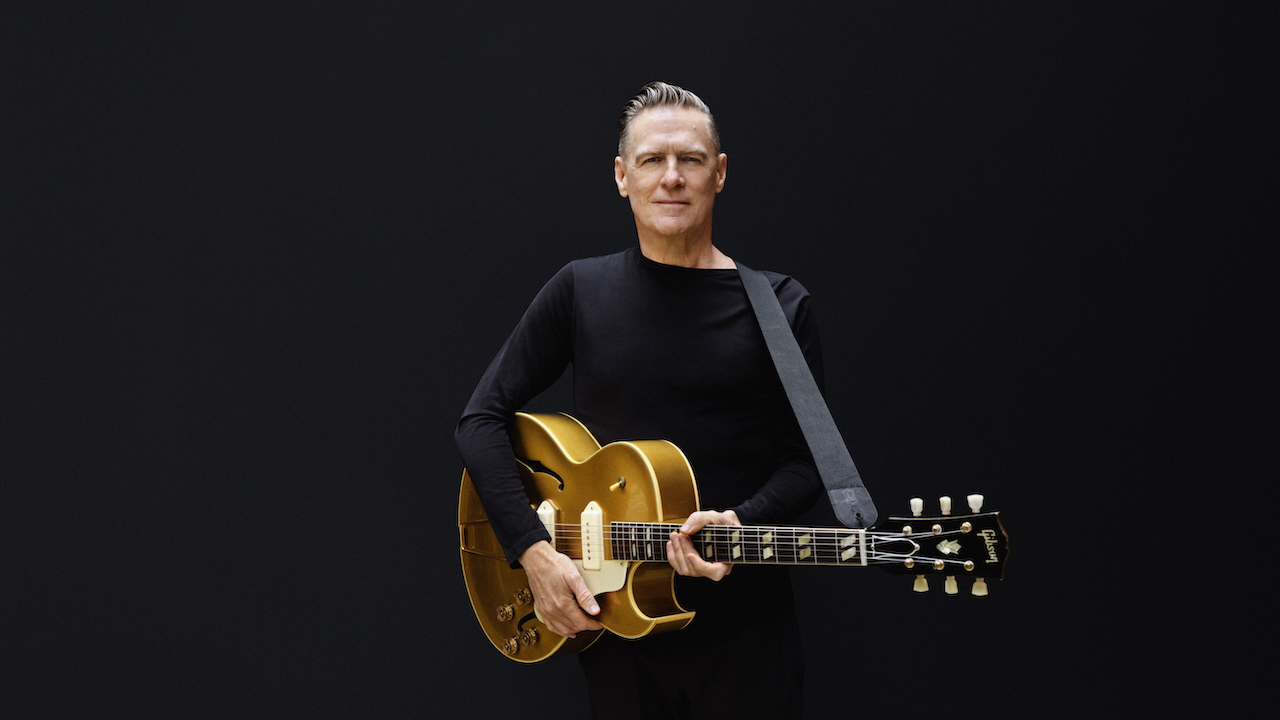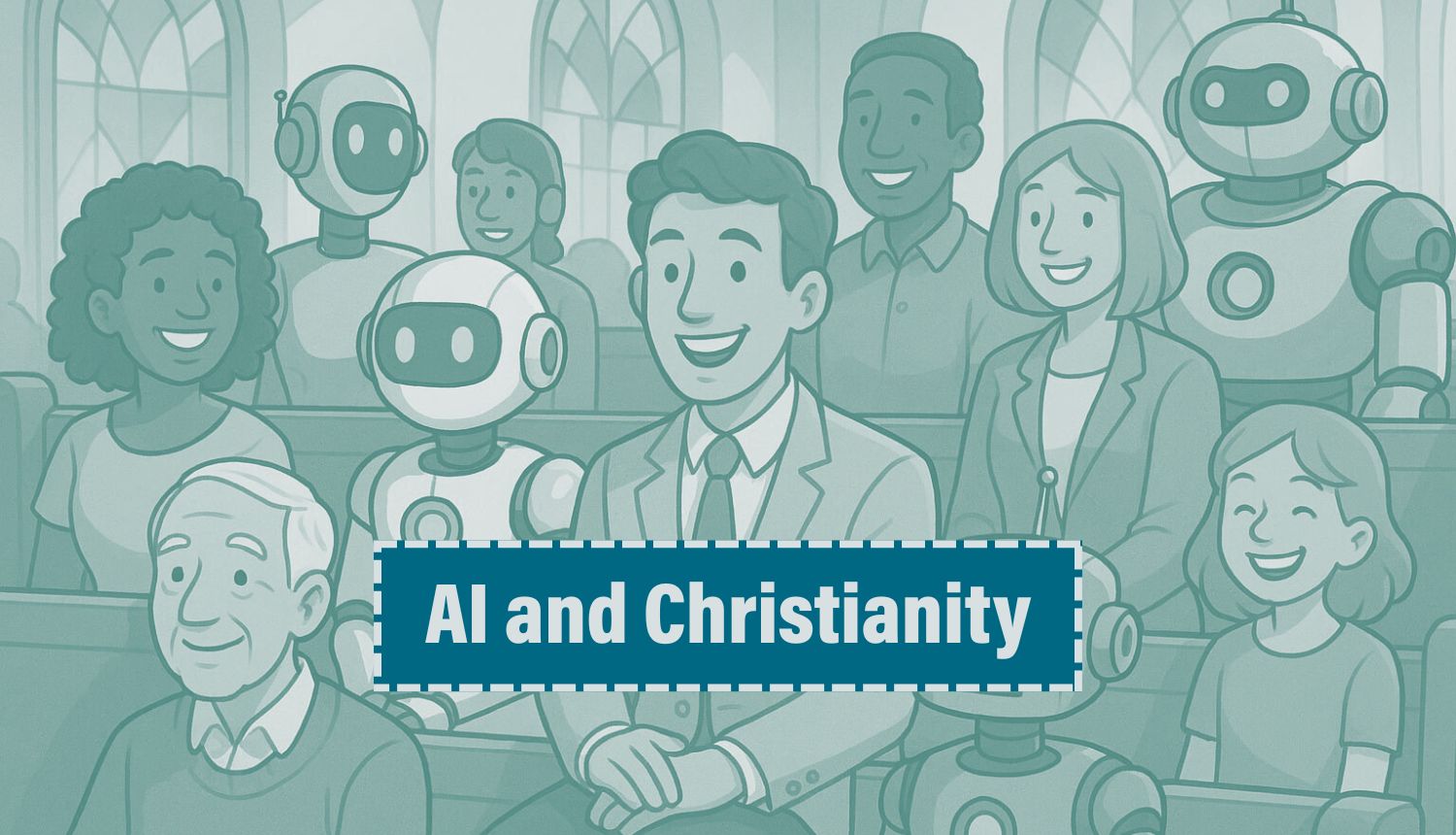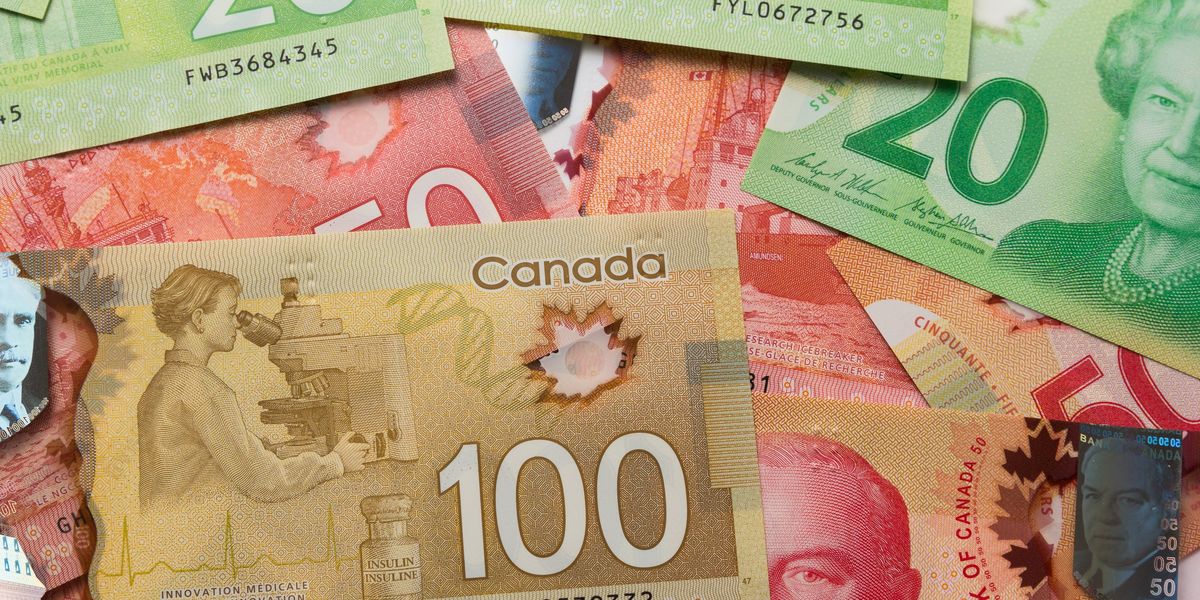Peter Mettler’s While the Green Grass Grows is underpinned by the devastating loss of the filmmaker’s parents.Galit Rodan/The Globe and Mail
If the freewheeling films of Peter Mettler often feel attuned to a mystical design, that’s because fate and coincidence are no strangers to the Canadian maverick.
His latest film, While the Green Grass Grows: A Diary in Seven Parts, formalizes life’s great mysteries with a relaxed, rambling rhythm that confidently blends the cosmic and the quotidian.
Composed of vérité footage, staged abstractions, poetic musings, and lively conversations spanning years and continents, the seven-hour visual diary opens and closes with the filmmaker’s cyclical declaration: “It’s my birthday again.” Mettler was born on Sept. 7, which, coincidentally, was also the date of his film’s first public screening at this year’s Toronto International Film Festival.
In one of the film’s most indelible passages, Mettler’s father Freddy notices that Sept. 8 is repeatedly and conspicuously absent from his otherwise plentiful journal entries. It’s an extended moment of simultaneous concern and amusement, an affectionate memory shaded by the immediate absence of Mettler’s mother and the impending decline of his father’s health.
The sprawling While the Green Grass Grows is underpinned by the devastating loss of the filmmaker’s parents, opening with the death of his mother Julia in 2019 and offering a harrowingly intimate depiction of Freddy’s demise in 2020 during the film’s latter half.
This year, on Sept. 8 (the second day of his film’s two-part premiere), a black notebook appeared on his desk: a diary he’d bought for his father in 2019 meant to be the written continuation of his life, its blank pages waiting to be filled. “I don’t really consider myself a mystical person, but then these odd things keep happening and you just start to wonder,” Mettler says in an interview the next day, extending the notebook toward me.
While the Green Grass Grows is made up almost entirely of the odd things: chance encounters, comical absurdities, and meaningful mishaps. “You can take a cool coincidence and just say, ‘well, that’s what happened’ and leave it at that, or you can make it personally meaningful,” he remarks. “I’m attracted to the poetry.” In While the Green Grass Grows, poetry is found in picturesque forests, rivers, jungles and caves, but also in motorways, hospitals, airport hotels, computer screens, and even a rental cabin bedecked with taxidermic wildlife.
The director is remarkably receptive to twists of fate, and this eagerness to adapt to the unpredictable nature of filmcraft has underpinned Mettler’s methodology throughout his career. Nothing But Time − a retrospective that includes heavy-hitters such as Gambling, Gods and LSD (2002), a full-day screening of While the Green Grass Grows, and obscurer titles such as Scissere (1982) and The Top of His Head (1989) − will showcase the filmmaker’s fluctuant filmography at TIFF Cinematheque through the month of October.
The Road Between Us documentary leaves much unsaid about Oct. 7, Israel and Gaza
“You go out into the world with a [topic] or a strategy and you discover things as they unfold around the particular theme,” Mettler explains. For While the Green Grass Grows, he began with the intent to probe the aspirational idiom “the grass is always greener on the other side,” but was increasingly compelled to, in his words, let life make the film: “People call it karma − there’s nothing that happens that doesn’t have an effect on how things unfold. As you’re making the film, it’s the same thing. All my choices, whether they’re intuitive or intellectual, come from somewhere and affect the next thing that’s going to happen.”
His approach of reacting and collecting as he goes along is often a barrier to funding, but the director tends to adapt his techniques to his available means. “The other arts have significantly more flexibility,” he laments, “a painter doesn’t usually have to say what they’re going to paint before they paint it. You can find your way there.”
Mettler cheekily folds these financial hurdles into While the Green Grass Grows, with his mother quipping in the first five minutes that he “wouldn’t get a penny” for the project. Not long after, he interviews a benefactor in a dimly lit room, bills stacked on the table between them as his donor − the heir to a wealthy industrialist − contemplates the forces of unseen labour that eventually put her money on the table.
How Jay Duplass turned the ordinary into the sublime in The Baltimorons
Such self-awareness, and such thematic explication, are part and parcel of this ambitious film, which nakedly ponders the beauty and precarity of the natural world, our psychic connections to that world (and each other), and the all-encompassing encroachment of technology upon our physical and psychological landscapes (an especially moving sequence juxtaposes his father’s deterioration with a virtual tour through a 3D rendering of the Mettlers’ home).
Chief among these technologies is the apparatus of cinema itself. In the film, Mettler compares the chemical process of light touching celluloid with that of consciousness making contact with the human body − considering this existential conflation, it’s not surprising that Mettler claims to have a love-hate relationship with filmmaking.
“On the one hand, it’s obviously incredible that we’re able to capture reality and bring it into a dark room and have these vicarious experiences,” he says, before adding: “But at the same time it separates you from nature and it separates you from the real world.” After the release of such a personal and long-gestating project, the director says he’d like to get away from it all and “go canoeing or something.”
While the Green Grass Grows screens Oct. 12 at TIFF Lightbox in Toronto, part of the organization’s retrospective Nothing But Time: The Films of Peter Mettler, which runs Oct. 4 through 26.
Special to The Globe and Mail












![1st Oct: Annie (2014), 1hr 59m [PG] – Streaming Again (5.7/10)](https://occ-0-858-92.1.nflxso.net/dnm/api/v6/Qs00mKCpRvrkl3HZAN5KwEL1kpE/AAAABZ384cWfgohb7kPi7WpH-qXDboA0ZbTR4sXPLifgRr-mgPdoW7HQTfns7u4W3zFLnwFjifkJzuDpRZeuHV9E0OYSLFQxzgF6H4d4.jpg?r=b1b)

